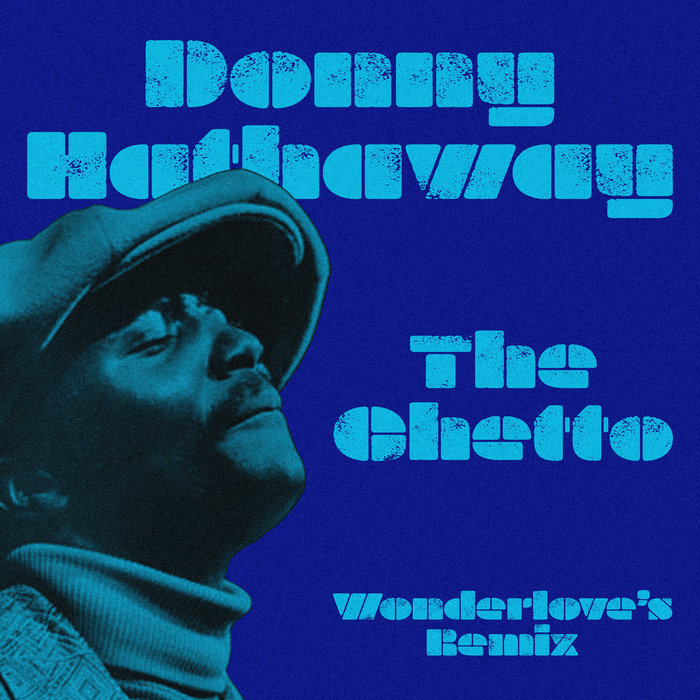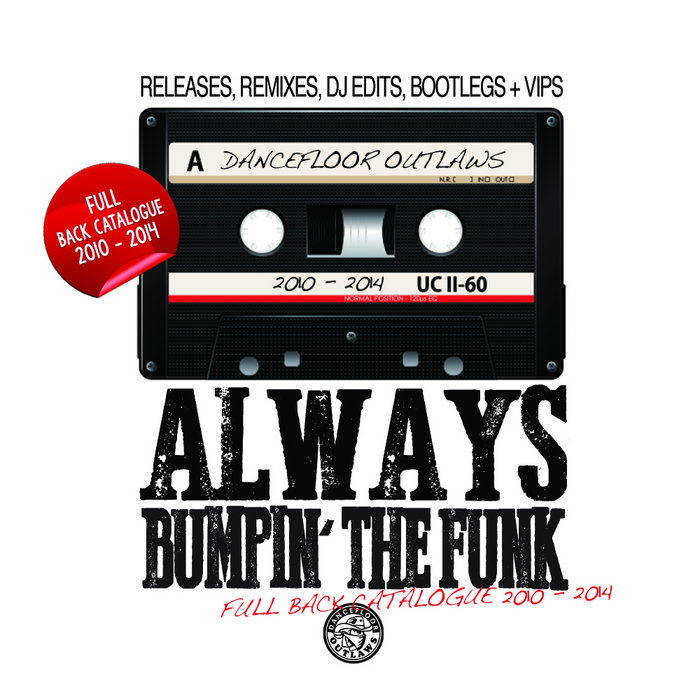
The Ghetto • Wonderlove's Remix – Donny Hathaway
this blog is GROOVY – check out great Soul, Funk, Jazz, Hip Hop, Bass, Breaks , Reggae, House n many more TUNES
Yo, party people! Let’s take a wild ride down the funky lane of ghetto music. This ain’t just any ol’ history lesson; we’re diving into the beats, rhythms, and vibes that shaped a genre rooted in resilience and creativity. So grab your headphones and get ready to jam!
First off, let’s break it down. “Ghetto music” isn’t just one thing—it’s a vibrant mix of styles that emerged from urban communities facing challenges like poverty and marginalization. Think hip-hop, rap, dancehall, reggaeton—you name it! These genres evolved as artists transformed their experiences into rhythm-heavy anthems.
Hip-hop is undoubtedly the crown jewel when talking about ghetto music. Born in the Bronx during the late 1970s (thanks to pioneers like DJ Kool Herc), hip-hop was all about expressing life in the hood through rhyme and rhythm.
Funny Fact Alert: Did you know that some early rappers performed without ever intending to? That’s right! There were instances where DJs found themselves rapping on mic simply because nobody else showed up for their gig! Talk about spontaneous creativity!
The ’80s brought us legendary names like Run-D.M.C., whose fusion of rock with rap paved new avenues for ghetto music. They even landed on MTV with their iconic “Walk This Way” collab with Aerosmith—what a crossover moment!
But there’s more! In this groove-filled era, Salt-N-Pepa put girl power on blast with hits like “Push It.” These ladies weren’t just spitting bars—they were breaking barriers.
Peep this: An amusing tidbit? When they first dropped “Push It,” they didn’t know how big it would be—initially recorded as filler for an album but turned into an anthem instead!
Fast forward to the ’90s when ghetto music took over airwaves nationwide—and beyond! Artists such as Tupac Shakur and Notorious B.I.G. became legends not only for their lyrical genius but also for their captivating personas.
Did You Know? There’s actually a hint of humor behind Biggie’s infamous line “I’m ready to die.” His mother revealed he often joked that if things didn’t work out in music… well, at least he’d have something dramatic written down!
While hip-hop dominated North America, other forms flourished globally too—from Jamaica’s pulsating dancehall beats to Puerto Rico’s spicy reggaeton sound (think Daddy Yankee or Bad Bunny). Each genre captured stories from local streets yet resonated worldwide.
Here’s a chuckler for ya: Dancehall legend Beenie Man has been known not just for killer tracks—but also his irresistible charm when performing live. One time during a show in Germany—and I kid you not—he tried speaking German while hitting those killer dance moves! Reason enough why he’s got such dedicated fans everywhere; who wouldn’t love an artist willing to make fun language attempts mid-performance?
As genres began blending together more than ever before—the hype around collaborations exploded within these circles too! Imagine two artists from completely different backgrounds coming together:
Or how about Cardi B smashing boundaries by melding trap with Latin influences alongside J Balvin? That girl really brought her flair everywhere she went!
Fun fact here again: Cardi often refers back fondly recalling days dancing at parties where she’d try her best moves unimpressively—with no clue she’d become one of today’s hottest stars herself someday.
So there you have it—the colorful tapestry woven throughout the history of ghetto music illustrates its fighters’ spirit combined perfectly wrapped inside catchy grooves people can’t help but dance along.
Whether it’s through witty lyrics reflecting life struggles or bouncing bass lines making hearts race; remember every beat carries stories bursting forth inspiring generations ahead—to keep livin’, lovin’, makin’ art despite adversities faced daily life hand-in-hand grooving under moonlight sway down city streets never forgetting roots planted deep below sidewalks turned stages shining bright every night anew… 🙌🎤✨

The Ghetto • Wonderlove's Remix – Donny Hathaway

Always Bumpin' The Funk | 2010 – 2014 – Dancefloor Outlaws